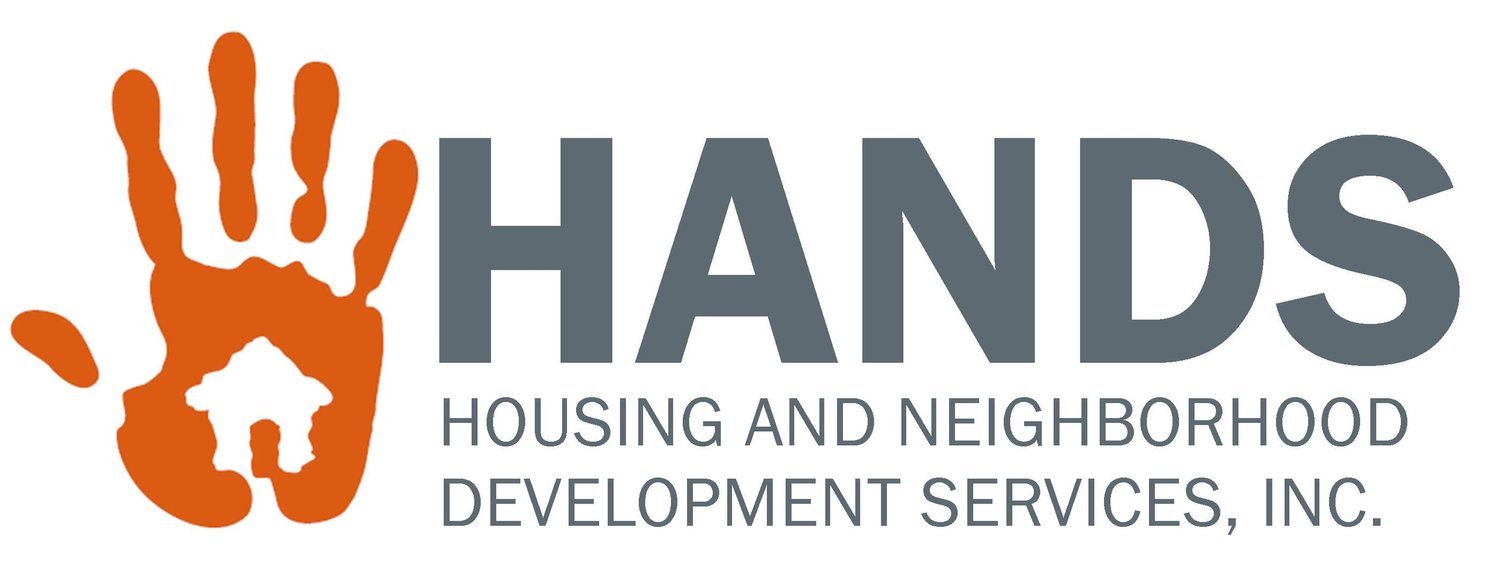Building Communities by Building Businesses
Information is a competitive advantage.” As she speaks these words, Mously Lo, program manager at Housing and Neighborhood Development Services, Inc. (HANDS), knows how important it is to get information into the hands of people who want to invest in their community.
Lo leads the New Jersey organization’s economic empowerment programs, a suite of services designed to connect people with the tools, resources and information they need to succeed.
“We work in low- and moderate-income neighborhoods, and like any other neighborhood, they’re being gentrified, investors are coming in with cash, and it really kind of shifts things. How do we keep people here?” asks Lisa Boyd, interim executive director. Economic empowerment programming is an important part of the answer.
While most network organizations focus primarily on the housing part of community development, over 70% of the units owned and managed by HANDS are commercial spaces. A wide variety of small businesses, including restaurants, co-working spaces, architecture and art studios, wellness centers and theaters, occupy those spaces.
HANDS, Inc., is not alone in this work. Other NeighborWorks network organizations also know that as they create homes and build America, they also need to build businesses. That shows in organizations that provide lease payment assistance, training on business strategies, mentorship and coaching.
BCL of Texas, for instance, administered $10.5 million in small business grants between 2021 and 2023 in support of over 250 businesses. Penquis, in Maine, has been serving small businesses through workshops and advisory assistance to help small businesses start up and grow, and has also offered microloans.
A helping hand
“We try to be mindful of bringing good folks into the community,” says HANDS’ Boyd. “We’re not charging astronomical rents, we’re signing people up for three- to five-year leases, and they’re thriving. We don’t want an empty commercial corridor, because then you don’t have a thriving community.”
Being a trusted source of information is key to building thriving, more vibrant communities
“There’s less information out there for small businesses,” Boyd adds. “We stay on top of it and share information with them. The commitment is to work with commercial businesses to keep folks in their neighborhood.”
Indeed, all the programs that HANDS offers through their economic empowerment programs are “oversubscribed.” The Sustain and Thrive Small Business Support Program, one of the programs overseen by Lo, had more than twice as many applicants as they had available grants in the most recent funding round. The program, a partnership with Rising Tide Capital, offers $8,000 grants to businesses to help them with “marketing, technology, equipment – anything they need to advance their business.” Lo shares an example of how the program can help: “One of our commercial tenants was really struggling and was behind on their mortgage. The grant gave them time to climb out of that hole and keep their business.”
In addition to grant funding, the Sustain and Thrive program offers one-to-one professional business coaching. “We’re able to offer coaching in Spanish, and our resources are available in Spanish and Haitian Creole in addition to English,” says Lo. Last summer marked a milestone for organization when June 1 was declared Entrepreneur Day by city leadership as part of the HANDS NeighborWorks Week event. The second annual Entrepreneur Day will take place this year between June 7 and June 14, also as part of NeighborWorks Week, supported by a grant from NeighborWorks America.
“NeighborWorks has been instrumental in ensuring we're able to run our programs successfully,” says Lo. Unrestricted funding support from NeighborWorks allows HANDS to funnel other grants into their economic empowerment programs.
HANDS also takes advantage of the training offered by NeighborWorks, allowing them to level up their services. “We are planning to attend the Virtual Training Institute in mid-May to learn how to improve the quality of our financial literacy programs, which we organize in partnership with Orange Public Schools,” says Lo. “We're grateful for the support and education NeighborWorks has provided to us over the past several years.”
Thanks to this combination of support “opportunities are getting into the hands of small businesses,” says Boyd. “How to write a business plan, what’s your marketing plan, helping make connections to banks. We break it down and make it less intimidating.”
Doug Farrand of the HUUB (which emerged from the First Universalist Unitarian Church – hence the two “U”s) says he was extremely satisfied with the professional coaching sessions from Sustain & Thrive. "LaShanna was fun to work with, positive, and helped us think through some basic issues from a business perspective, which is useful for us as a nonprofit that isn't always thinking about the bottom line in the same way." He said the grant made a big difference for his organization. "We were able to support a new operations manager and procure new chairs and air conditioners to keep our space comfortable and therefore desirable during the summertime."
What’s next for the organization’s work with small businesses?
“Things are shifting,” says Boyd. “We need to continue to align with the needs that small businesses have. We’re small enough that we can pivot so we remain helpful. But these are also times to think creatively and outside the box.”
She hopes to see even more partners join them in the effort. The Greater Newark Empowerment Corporation is offering microloans, for example, and the New Jersey Department of Community Affairs has indicated they will continue funding the Sustain & Thrive program this year and next.
In addition, the organization is looking to launch a Health and Wealth Center to align all their programs and share even more resources. “These are avenues for building generational wealth,” says Lo. “Opportunities for people to change the situation for their families and contribute to the culture of the community. We’re a highly localized organization, so while the scope of our organization is not very wide, it is very deep. These are profound impacts we’re having on people, while also making the city better, cleaner and safer.”

